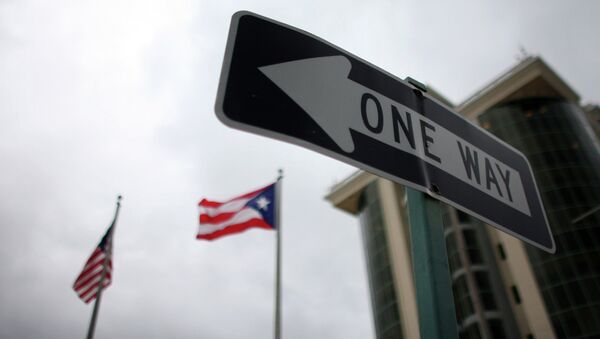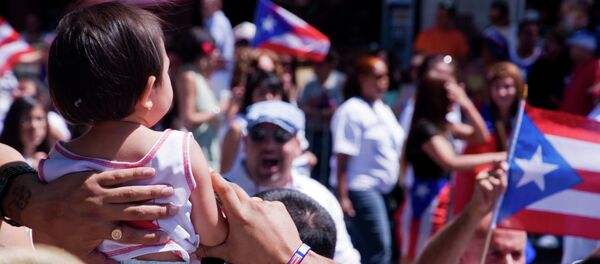According to findings released last week by the Office of the General Inspector of the SSA, the organization "has applied the medical-vocational guidelines nationally and does not make exceptions for claimants who reside in Puerto Rico, where both Spanish and English are the official languages," leading to payouts for people living in Puerto Rico who don't speak English.
Workers at the SSA use grids of medical-vocational guidelines to assess whether or not an individual is entitled to disability benefits, which can be claimed if a person is unable to communicate in English, and therefore limited in his or her ability to find a job.
"We identified 218 cases in Puerto Rico from Fiscal Years 2011 to 2013 where disability determination services used the aforementioned grid rules to grant benefits," said the report.
The report referred to a 1987 US District Court judgment that "it is the ability to communicate in Spanish, not English, that is vocationally important in Puerto Rico." and recommended that the SSA "evaluate the appropriateness of the grid rules," in such circumstances.
According to data from the US Census Bureau, 95 percent of Puerto Rico's 3.5 million inhabitants speak Spanish at home, and 84 percent report that they do not speak English "very well."




